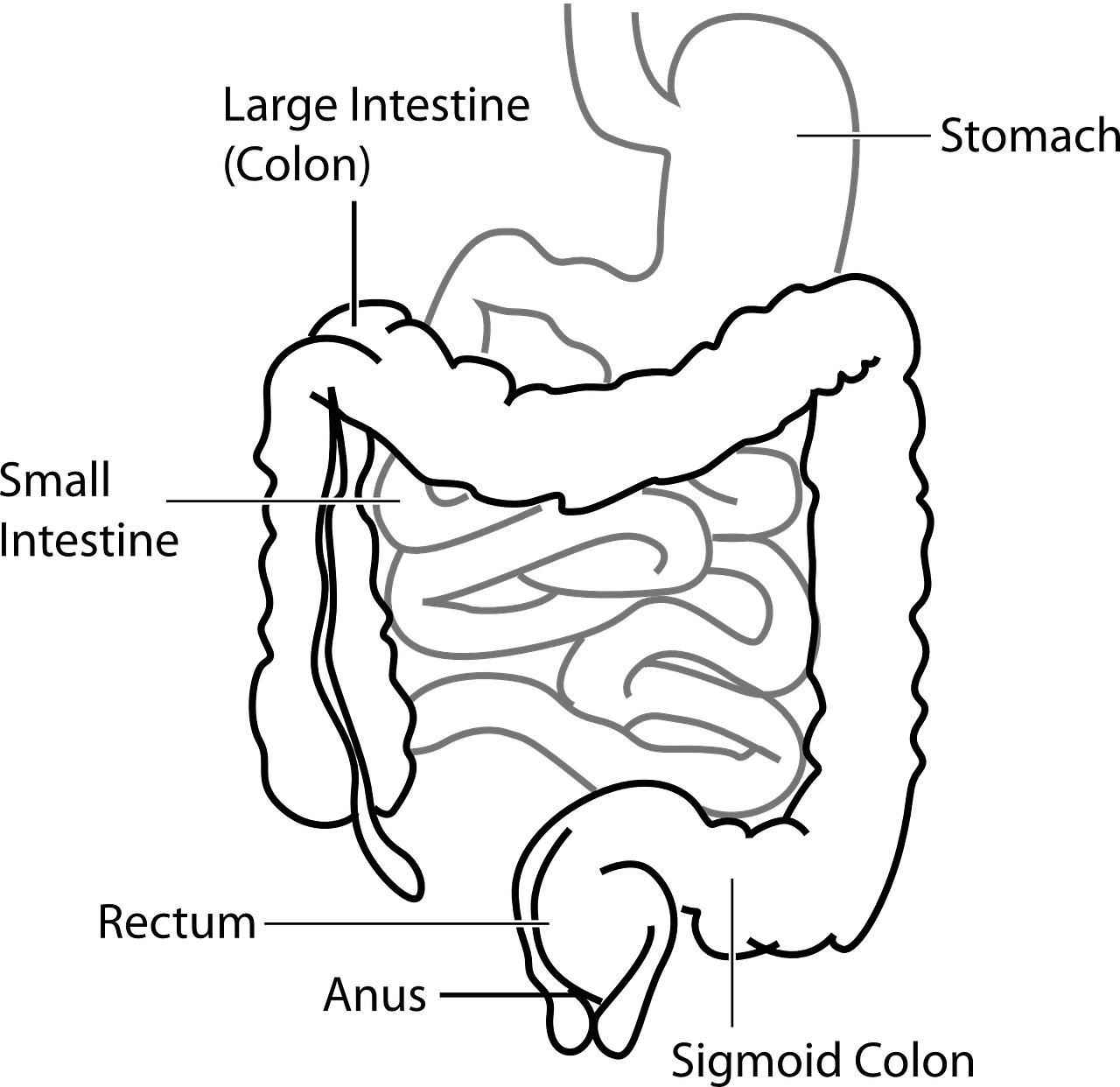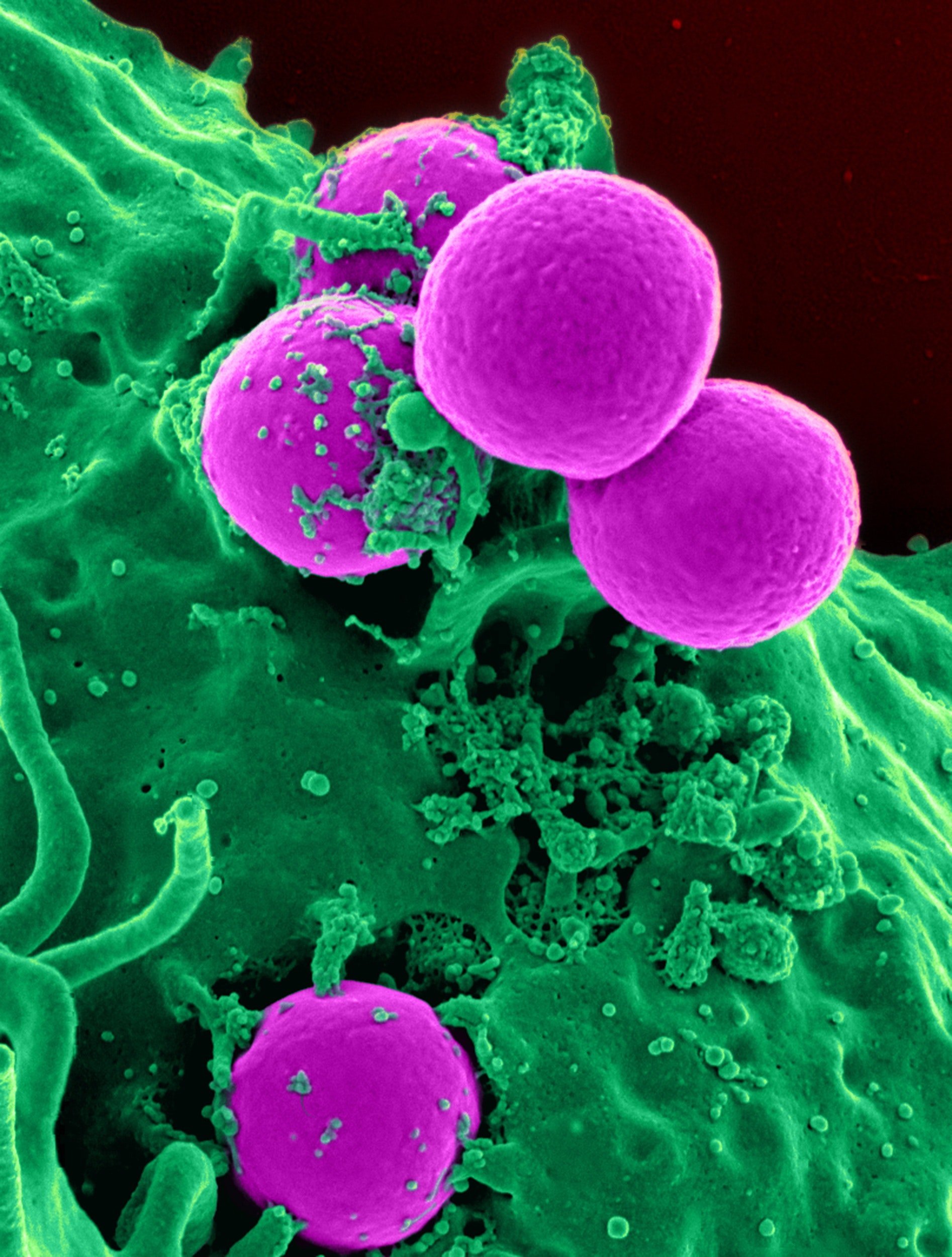More Keys to Improve Digestion
In a previous post 3 Keys to Improve Digestion I outlined and discussed how to approach, think about, and resolve digestive problems. This article will start off where the last one left off. This is essentially 2 more ways to improve digestion. Here we will focus on some common causes of intestinal damage leading to leaky gut and many digestive disorders.
Eliminate Damage and Improve Digestion
Damage to the mucosa can come from many sources. The various sources from food mentioned in previous article are the most common. However there are several other sources you should be aware of to fully understand the bigger picture of digestive health. Damage from microbial sources will be discussed in the next section.
will be discussed in the next section.
Histamine is a bio-active substance that can trigger many different types of reactions in the body but we are more concerned with their effects on the digestive tract. Since many foods have histamine in them, there is a direct effect on the digestive tract. How the foods you consume interact with the microbes is also important since the microbes could produce histamine and histamine like molecules when they consume certain foods. The intolerance to histamine comes about from inability to breakdown the histamine that is being consumed or produced. The body is not able to keep up and gets overloaded with histamine. This can come about from overproduction (from environmental or microbial triggers) or poor inefficient breakdown. Sometimes it is a little bit of both. The digestive problems created by histamine come about from the immune activation by histamine causing inflammation. In this way high histamine can lead to food in-tolerances and leaky gut syndrome.
The most common symptom I see with histamine intolerance or overload is skin reactions and allergies. This could manifest as hives that come and go or have a more constant presentation. It could also be simply sensitive skin. In the case of histamine intolerance typically the seasonal allergies would be present beyond the typical growing season. There are several ways to address this but the main thing to do is to quantify the amount of histamine in the body and then reduce levels by removing the food sources and microbial contributions. This will improve digestion, skin, and allergies.
Toxins are all around us but are especially prominent in our food. The most common being from pesticides and insecticides on our produce and in the animals that also consume the same toxin ridden produce. These toxins can and do damage and disrupt the mucosa in the digestive tract. Just as in excess histamine the damage and inflammation can lead to leaky gut syndrome.
Other things that can damage the mucosa include NSAID medications like Ibuprofen, aspirin, and naproxen and high salicylate containing foods (for some people). NSAID's have long been known to reduce mucus secretions and lead to ulcerations in the stomach when consumed regularly and in excess. This can also occur in the small intestines.
Eliminate Pathogenic Microbes to Improve Digestion
The majority of the microbes in our large intestines are "good bacteria" but not all are. Some are pathogenic but the degree of harm the bad ones create is dependent on the relative numbers. The good bacteria keep the "potentially pathogenic" microbes in check. This is the case with Clostridium difficlie AKA "C-Dif", Campylobacter, and others. Perhaps you know someone or you yourself have contracted C-Diff. You see when you are given antibiotics for one reason or another (not specifically for potentially pathogenic bacteria) the antibiotic will reduce the numbers of good bacteria. As a result of decreased good bacterial numbers there is more space for the potentially pathogenic microbes to proliferate. when this happens you get really sick.
The result of these potentially pathogenic bacterial growing and proliferating can vary in severity. Some have severe diarrhea and others have mild intermittent abdominal pain and discomfort. These symptoms may wax and wane to the point you don't even know for certain that you have a digestive or health problem. If you have chronic diarrhea or loose stools and cannot find the cause, consider being screened for potentially pathogenic bacteria like those listed above. When present you can greatly improve your digestion by getting treatment for this.
Absolutely pathogenic microbes usually come in the form of parasites like Entamoeba histolytica, Giardia lamblia and others. These typically enter the body when you consume contaminated food or water while camping or traveling abroad. Just like with potentially pathogenic bacteria the symptoms of a parasite infection may not be as obvious as you think. Typically the acute infection period will create noticeable cramping and changes in bowel movements (diarrhea). Over time if not eradicated , however the symptoms may become less noticeable and obvious. If you have traveled or lived outside of United States you getting screened and treated for these microbes can greatly improve digestion.
Viruses can also cause digestive symptoms but are mainly limited to an acute reaction and is referred to as Enteritis. Most people will heal up from this within a week or two but some can be sick for much longer and even get IBS. This is referred to as Post Infectious IBS and although most commonly from virus it could be from any digestive infection.
Our digestive tracts are very delicate ecosystems that can and often do get pushed into an imbalance by our diet and lifestyles. Re-balancing and healing the digestive tract is the foundation of every health problem. if you are struggling with specific digestive issues or chronic health problem this is place to start. When you improve digestion you improve your immune system your absorption of nutrients and all things that are connected to these. With some many variable it can see overwhelming at first but start with what you know and take a systemic approach. With time diligence and the right support you will be able to improve your digestion.



















